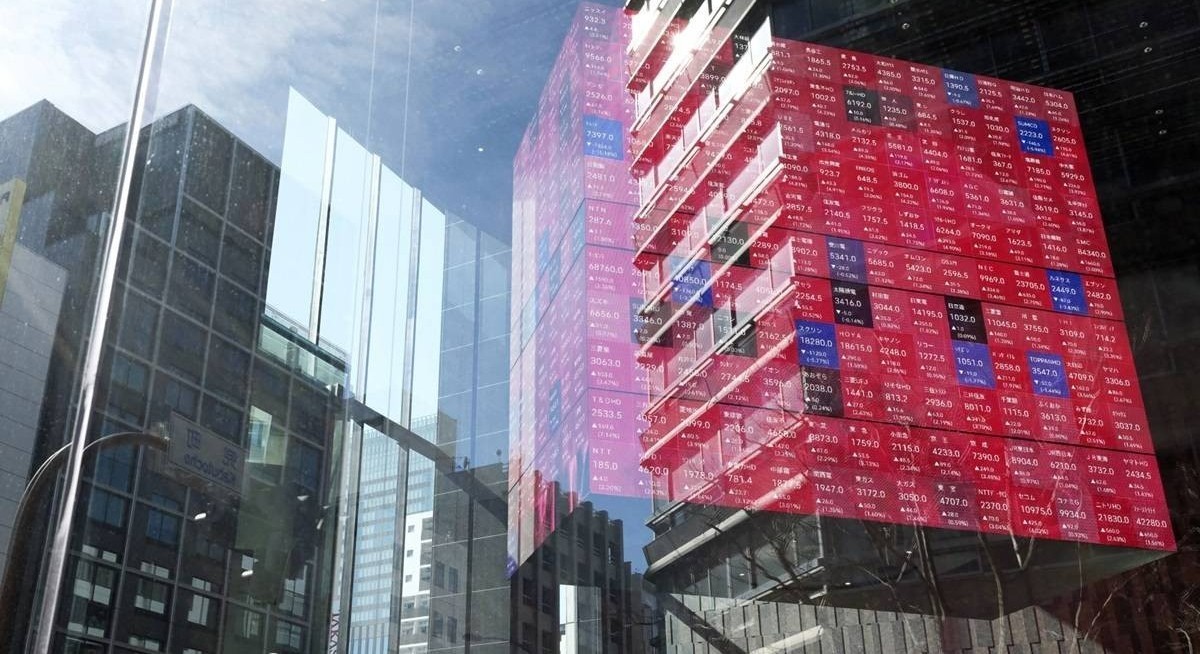EM stocks have added US$6 trillion to shareholder wealth this year, as Asian semiconductor, hardware, and data-centre supply-chain stocks soared on global AI demand. Meanwhile, Donald Trump’s trade policies and a weaker dollar have prompted money managers to diversify beyond US assets. In China, targeted stimulus has helped bolster earnings estimates, fund flows and sentiment.
“The weakening of the US dollar has been a big driver,” said Sammy Suzuki, head of EM equities at AllianceBernstein in New York. “EM stocks are no longer simply banks, commodities and telecom. Tech, consumer, and medical sectors with more intellectual property content occupy much larger weights today.”
The rally has lifted the index’s year-to-date gain to 31% — the biggest annual advance since 2017. AI-related shares account for about half the increase, underscoring how developing nations have transformed over the past decade from commodity exporters into tech- and consumer-driven markets.
Emerging-market stocks are also outperforming their US peers for the first time in eight years, prompting money managers including Morgan Stanley to call for the start of a multi-year rally.
See also: Asian EM bonds set for 2026 revival on carry, investors say
Earnings estimates for companies in the MSCI gauge have risen to the highest levels since February 2022, narrowing the valuation gap between EM and US equities. The MSCI Index now trades at a discount of 39%, compared with 45% at the start of the year, based on forward price-earnings ratios.
The latest boost to risk assets has come from the perceived easing of trade frictions after a flurry of trade deals in recent days and a trade truce between China and the US.
“The bottom line is that even though there have been little incremental detail, the optimistic tone of President Trump and the announcement of trade deals have helped remove some uncertainty this week, which has further fuelled risk-on sentiment in equities globally,” Citigroup Inc strategist Rohit Garg wrote in a note to clients.
See also: Bulls seeing piling into emerging markets as momentum returns
Elsewhere, investors were watching Nigerian assets after the country imported a 15% import duty on refined petroleum products, in a move to protect domestic refiners.
Uploaded by Magessan Varatharaja




